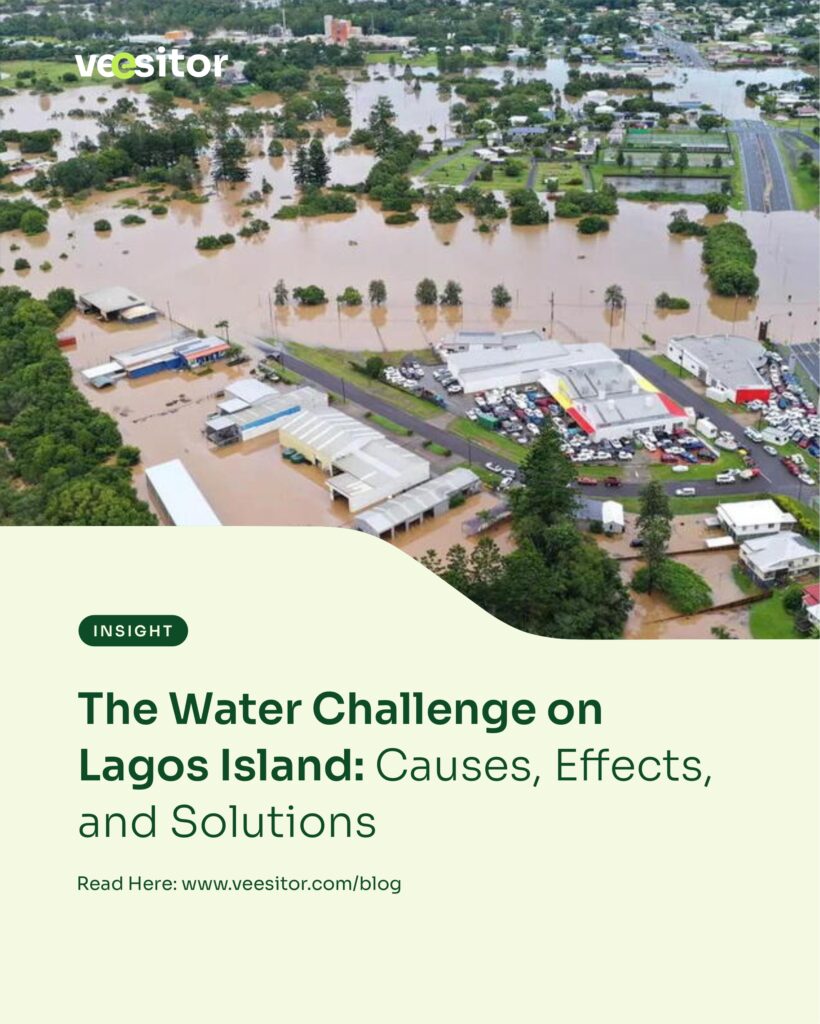Understanding the Roots of the Water Crisis
Alright, let’s talk about the water crisis on Lagos Island. But not just any water crisis – we’re talking about unsanitary water. Picture this: you’re surrounded by water, yet every drop you’re offered is about as drinkable as swamp water. It’s like living on the edge of a lake but not being able to take a sip.
There are a few big reasons why this is happening. First, there’s pollution. Industrial waste, untreated sewage, and even chemicals are seeping into the local water sources. Instead of pristine streams, people are stuck with water that’s seen better days. And then, we have infrastructure issues. Those pipes that carry water around? Yeah, they’re old, leaky, and not exactly the cleanest. Contamination sneaks in through every crack, making even tap water questionable. Add a lack of regular water treatment facilities, and we’re left with a situation where getting truly safe water is more of a luxury than a basic right.
The Impact on Daily Life: How Unsafe Water Affects Residents
Now, let’s talk about how this messes with everyday life. Imagine that every time you take a sip, you’re rolling the dice on whether it’s going to make you sick. On Lagos Island, that’s a reality many people face.
People are forced to buy bottled water – which, as you can guess, isn’t cheap – or risk drinking water that could cause infections. For many families, it’s a constant choice between stretching their budgets to buy cleaner water or taking their chances with what comes out of the tap. And it’s not just about drinking water; this affects cooking, bathing, and even basic hygiene. When your water isn’t clean, even washing your hands feels risky. The effects pile up, especially on kids and the elderly, who are most vulnerable to waterborne diseases.
Environmental and Economic Consequences of Contaminated Water
The impact goes beyond personal health. Dirty water spills into other parts of life, too – and the economy is taking a hit. Local industries and businesses need clean water to function, and when that’s not available, productivity suffers. Industries relying on water purification equipment or filtering systems are spending extra, which raises costs and can even impact jobs.
Then there’s the environment itself. With untreated wastewater seeping into the soil and local waterways, natural ecosystems suffer. Contaminants build up, affecting plant and animal life, and even making farming risky. Imagine trying to grow crops with water that could carry toxins. It’s not a good look for nature or the people depending on it.
Community and Government Responses to the Water Crisis
Now, the people of Lagos Island aren’t just sitting around waiting for clean water to magically appear. Communities are banding together, with neighbors pooling resources to install filtration systems, or even buying water purifiers that everyone can use.
On the government’s side, there’s a push to improve water treatment facilities and repair old pipelines. The government has tried providing tanker trucks with treated water in some of the worst-affected areas, but it’s a temporary fix. There’s also talk of desalination plants, but they’re costly and slow to set up. It’s a start, but the road to widespread access to safe water is a long one.
Future Solutions: Ensuring Clean and Safe Water for Lagos Island
So, what does the future look like for Lagos Island? It’s clear that we need more than just patchwork solutions. First, improving water treatment facilities to filter out contaminants before water reaches homes could make a huge difference. We’re talking state-of-the-art water filtration systems that can actually clean up our natural water sources.
Rainwater harvesting could also help. With simple systems to collect and treat rainwater, families would have access to safer water. And then there’s the all-important need for stronger environmental regulations. By keeping industrial and residential pollutants in check, we could help prevent contamination before it even starts.
And let’s talk about education. Teaching people safe water practices, like boiling water and basic water filtration, can help reduce the risk of illness in the meantime. These changes may seem small, but together they can build a future where everyone on Lagos Island has access to safe, drinkable water.
So, while the water challenge on Lagos Island isn’t going away overnight, real change is possible – and with a little collective effort, safe water could be as common as the people’s spirit to find it.





